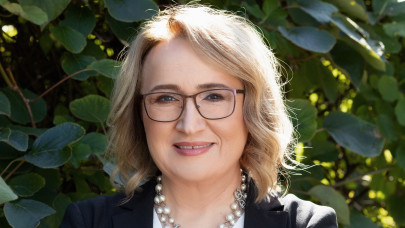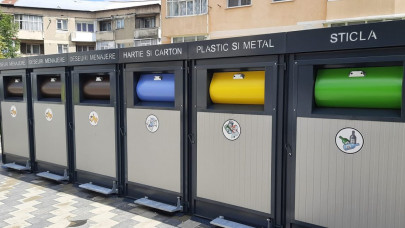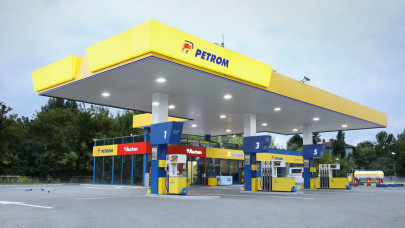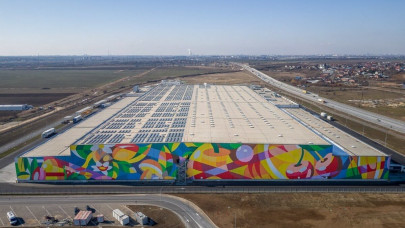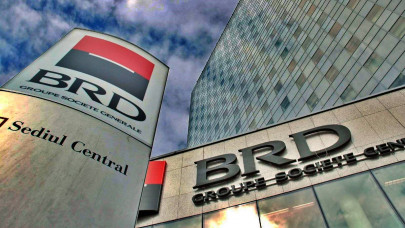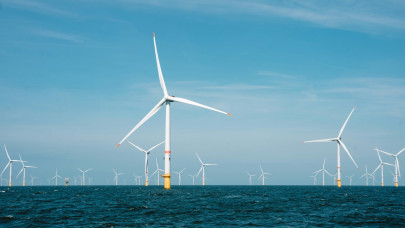The 2022 GEM expanded from the inaugural 2021 report to score 350 companies worldwide, including the BET 20 in Romania. Unfortunately for stakeholders, investors, and the world at large, transparency in sustainability reporting was not a high priority in Romania. Collectively, Romania's index scored last in the GEM rankings globally, achieving an average of just 41 points out of a possible 100 and trailing leading indexes in the United States, Asia, Australia, and other parts of Europe.
“A whirlwind of social and environmental change has created a global need for corporations to clearly disclose how they are treating their employees, their communities, and their planet,” said Alexandra Diniță, Regional Partner of the GEM in Romania and founder and managing partner at Free Comm. “If big companies – and not only them – fail to provide comprehensive and compelling ESG data, greenwashing hypocrisy can only expand.”
Just one Romanian company scored in the top quartile of “very high transparency,” a distinction for oil and gas company OMV Petrom which scored 75 total points. The lowest performer was Fondul Proprietatea SA, a joint stock company receiving just 13 points and ranking a lowly 348 out of 350 companies scored globally.
Looking at the other continental indexes, European companies led the way with an average total of 66 points out of 100. The S&P 50 Asia finished second with 56 points, while the major indexes in the United States and Australia each averaged 53 points. “It is no surprise that the GEM found such a wide difference in reporting transparency in different nations and regions. There is still no uniform, internationally recognized standard in ESG reporting and this poses challenges for companies,” said Ariane Hofstetter, the GEM's Co-Founder and Head of Research and Data Science. “Even though there is the widespread use of important analysis tools such as materiality assessments, there is still a lack of signs of validity and liability in the results.”
When looking at leading Romanian corporations, the scarcity of sustainability reporting is clearly apparent. With a median of 89 pages, the companies from the Romanian index are at the bottom of the ten global indices studied in terms of the comprehensiveness of their separate sustainability reports (S-NFR). Only the reports of the companies from the Australian index ASX50, the S&P 50 USA and the Hang Seng (Hong Kong) are less detailed in the median.
Moreover, the proportion of companies that have had their sustainability report externally audited is comparatively low at 30%. This low proportion of audited reports is particularly problematic against the background of planned changes through the Corporate Sustainability Reporting Directive (CSRD).
Even worse, in the “Environment” topic category of the GEM, BET 20 companies achieved an average score of just 44% – a full 40% lower than companies on the EUROSTOXX exchange. This low sustainability reporting metric was driven by a lack of disclosure regarding research efficiency targets and timeframes, a metric worse than every other index scored, apart from the WIG 20 in Poland.
“The level of transparency in BET 20 companies is shockingly low compared to the rest of the world, leaving significant work to do for Romanian companies to be more aligned with global sustainability reporting,” said Michael Diegelmann, co-founder of the GEM. “Investors and customers want the data behind ESG reporting, and for good reason. Greenwashing practices are deceitful especially when it comes to the world's biggest economic actors; they lead to misinformed decisions and policies and cover up the real state of the planet.”


